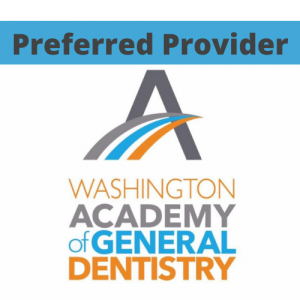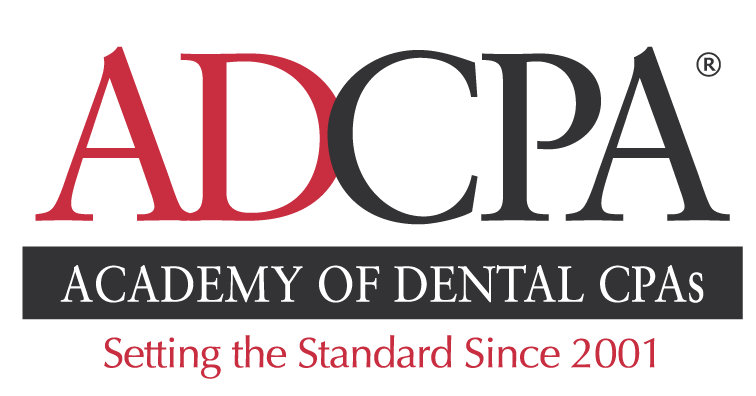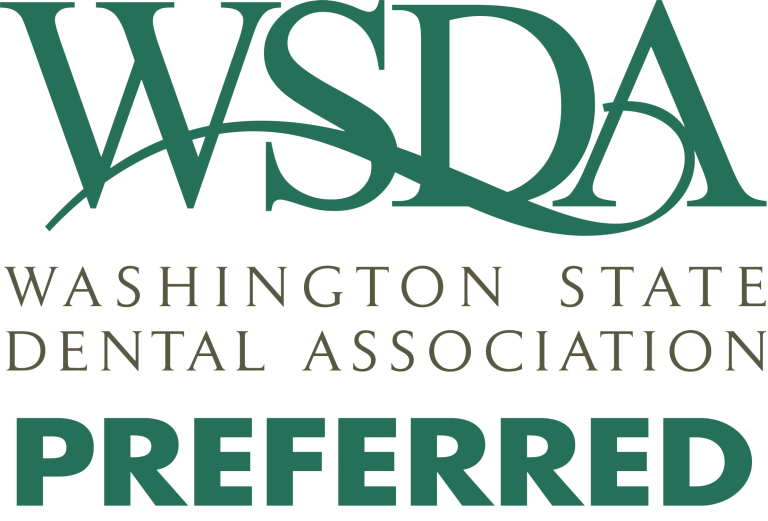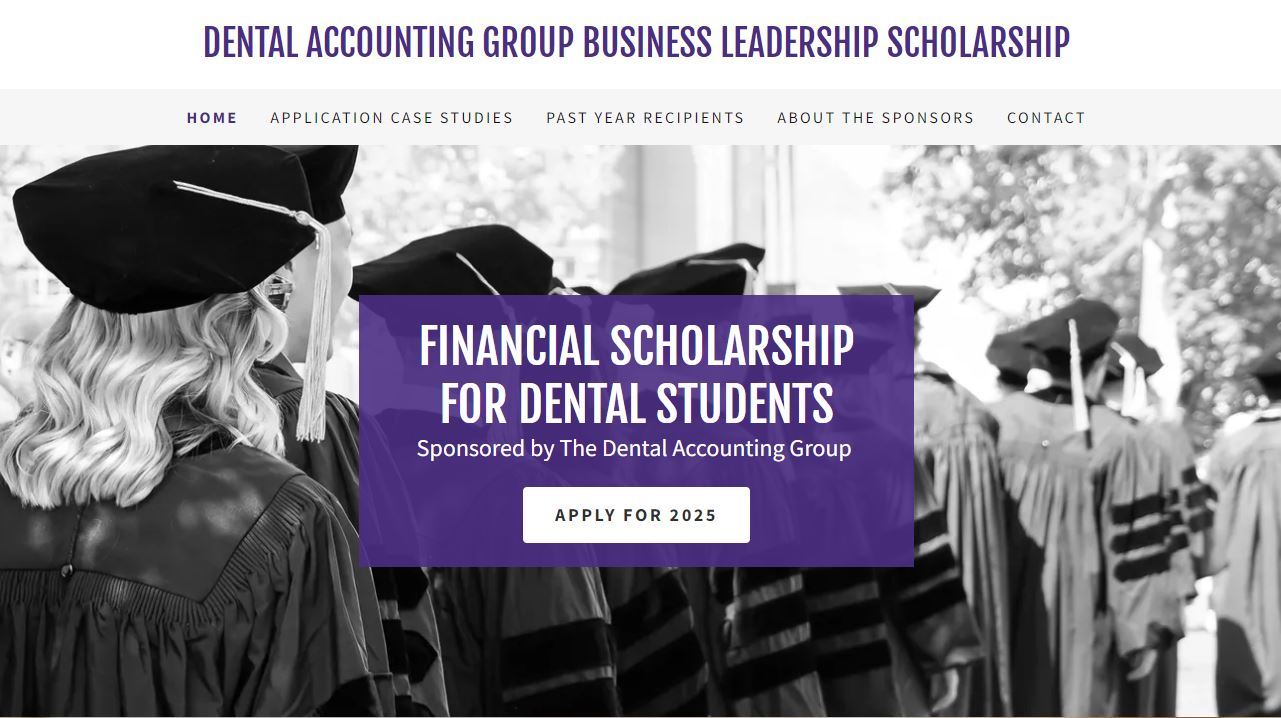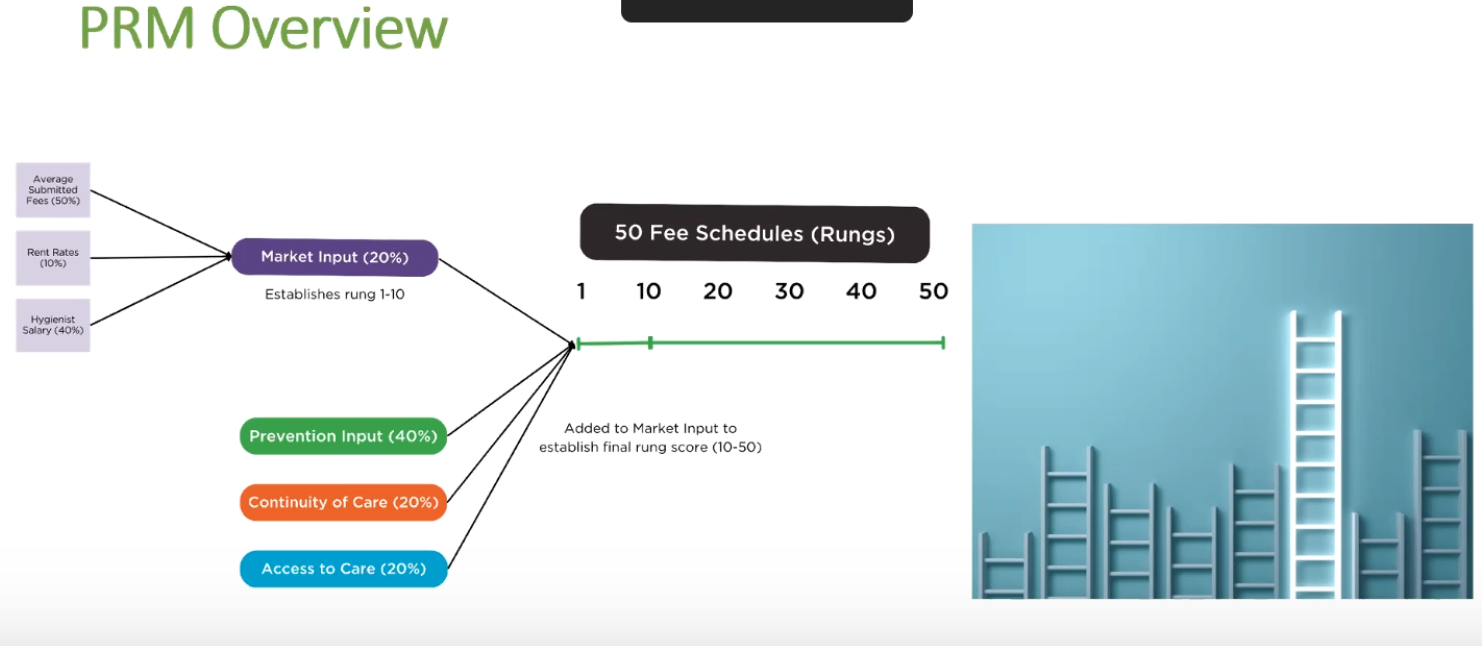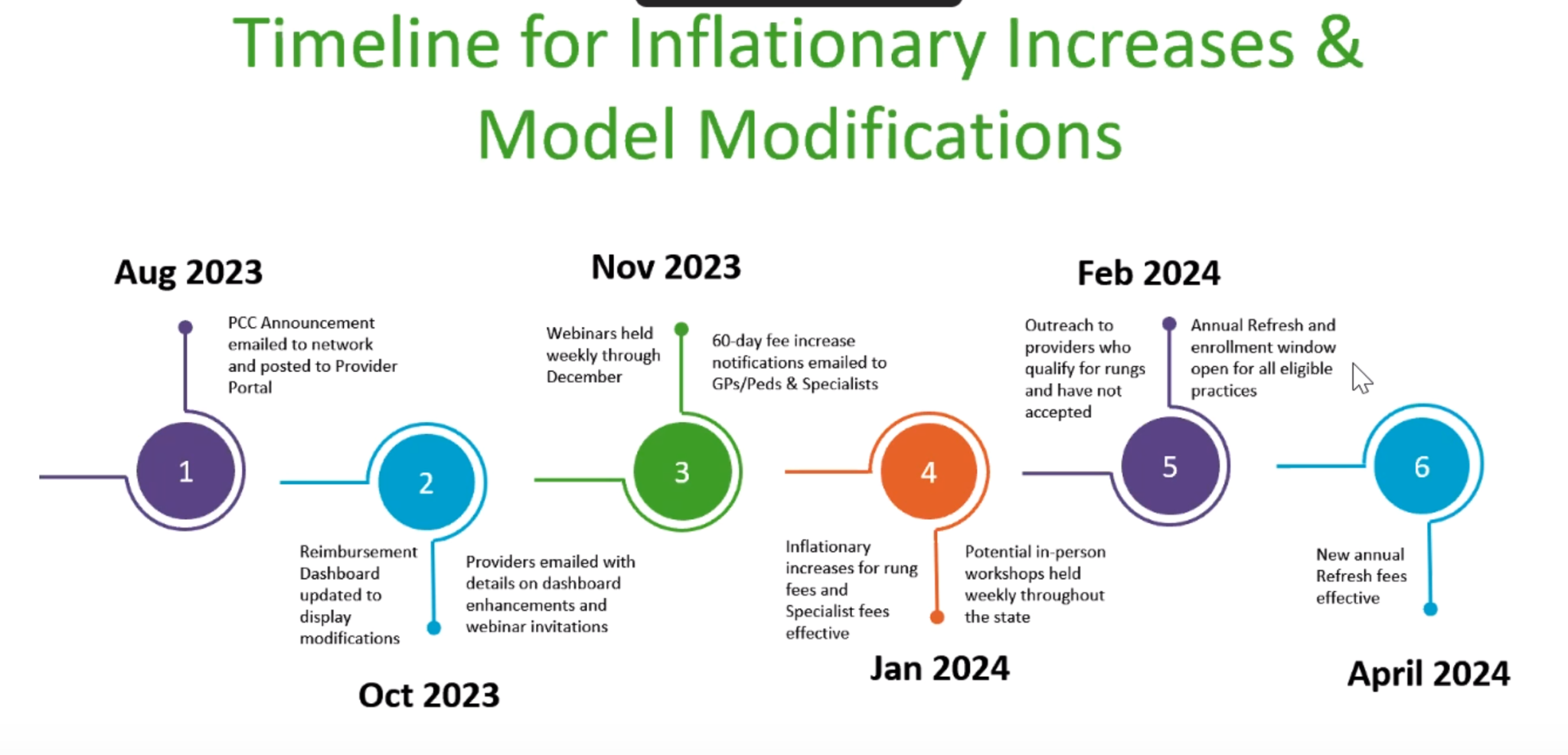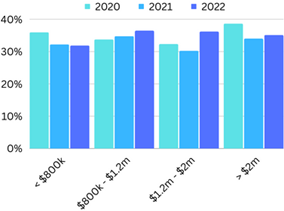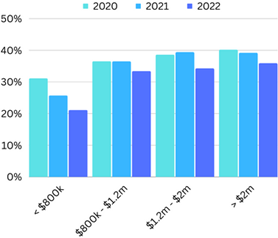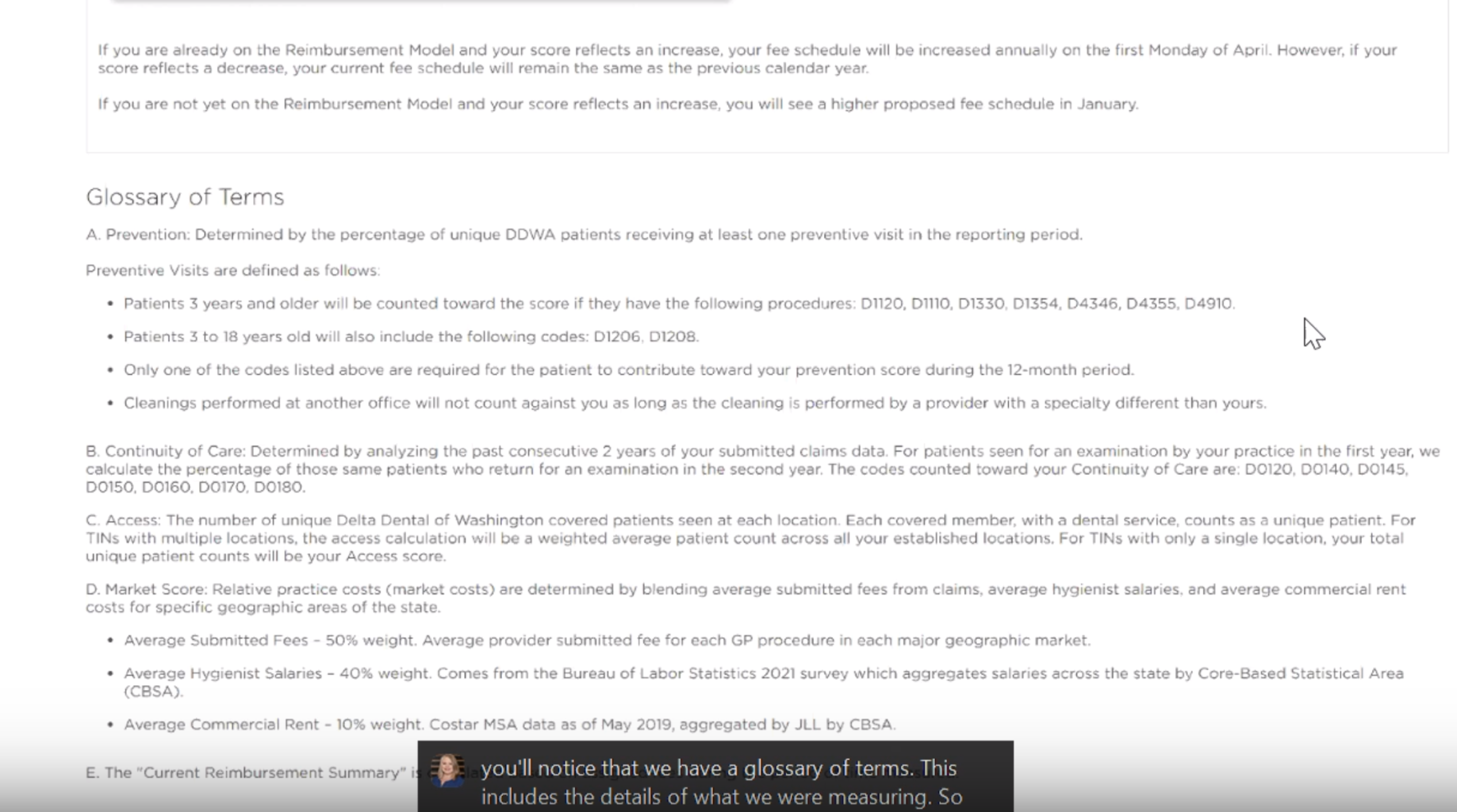The PDF version of our formal letter can be found Here
January 29, 2025
RE: Testimony in support of HB 1535 / SB 5351
Our firm specializes in working with dental practices, which we have been doing since 1989. We understand the economics of the dental profession, how the current financial model dictated by large insurance carriers is threatening its financial health, and how this directly leads to less access to care and more expense for patients.
Here’s some background on the economics of a dental practice. Dental graduates typically leave school saddled with $300,000 or more in student debt. In addition to servicing that debt, they will require nearly $1 million in financing if they want to buy or open a basic clinic. Once a clinic is up and operating, it faces economic challenges over which it has little control. Post-pandemic, we have seen a decline in experienced dental office employees, a trend identified by the American Dental Association as a critical challenge for the dental profession nationwide. Due to this acute shortage of experienced dental workers (especially hygienists), average dental employee wage rates have increased by at least 30% in the last five years alone across Washington (and up 40% in Seattle/Bellevue Metro). Other expenses have also increased, if not as significantly.
Despite these rising costs and despite an overall increase in the general Consumer Price Index of more than 45% since 2010, dental benefit reimbursement rates have remained relatively flat. Delta Dental of Washington (DDWA), by far the largest carrier in the state, unilaterally reduced its reimbursement rates by approximately 15 percent in 2011 and froze those rates for 10 years. More recently, DDWA has increased reimbursements by approximately 3% in 2024 and 4% for 2025 for select Current Dental Terminology (CDT) reimbursement codes.
These increases are insufficient to keep up with rising costs, much less make a dent in the gap created by more than a decade of frozen reimbursements. They create a clear imbalance between the huge costs associated with obtaining a dental education and operating a dental clinic and the potential rewards for pursuing a career in dentistry. In short, the current financial model is killing the future of the profession. It is a formula for a shrinking number of providers and a decline in the supply of dental care resources – reducing access, availability and quality of care. In the end, patients are the ones that will suffer.
We have seen this trend in the medical profession over the last 20 years, where changing economics have led to provider consolidation, private equity acquisition of health systems, and diminished access to care for patients.
HB 1535 and SB 5351 can help prevent this from happening in the dental arena. It will:
- Support dentists in covering rising expenses like wages, equipment, and rent
- Ensure parity of reimbursement between in-network and out-of-network providers, giving patients true freedom to choose their dentist and unrestricted access to the benefits they are paying for.
- Reduce anti-competitive practices by dominant insurers (For example, several insurers already provide relative parity for in-network and out-of-network reimbursements, but DDWA as the dominant player does not.).
- Provide sufficient economic incentives for students to pursue dentistry, critical for maintaining an adequate dental workforce and appropriate access to care
- Prevent rural and underserved communities from losing access to dental care
- Mandate insurance plans spend 85% of premium revenue on care, not profits or administrative costs.
Everyone in Washington will benefit from a more competitive and better functioning market for dental benefits. It will allow dentists to tailor their practices to compete for and meet the needs of their patients without insurance companies dictating how and how much they are reimbursed for the care they provide. It will allow patients to pick the dentist they are most comfortable with and not be forced to accept a lower level of benefits because of that choice. It will allow insurance companies to adjust their reimbursement rates to become more competitive. Premera’s recently announced plan to increase its reimbursement rates 24% clearly shows how this can benefit consumers. Most importantly, it will require that 85% of patients’ premium dollars are directed to their care, helping ensure that they – and the dental profession that cares for them – remain healthy in the years ahead.
We urge you to support this vitally important legislation.
ADDITIONAL BACKGROUND INFORMATION
-
Dental care is financed in large part by employer provided dental insurance.
-
Delta Dental of Washington (DDWA) covers the majority of insureds in Washington State. In some markets, it exceeds 80% of the patient population. Premera and Regence also have large insured populations. We refer to these as The Big 3.
-
Effective July 2011, DDWA reduced their reimbursement rates to providers by roughly 15% with some more frequently used CDT codes, such as those for preventive care, being cut even greater than 15%. DDWA froze those lower rates for 10 years
-
In 2024, DDWA increased a handful (around 20 of the over 800 CDT codes) of the CDT reimbursement rates by approximately 3%. For 2025, DDWA has increased some CDT reimbursement rates by approximately 4%, with an emphasis on selective hygiene CDT codes.
-
Premera followed DDWA’s lead in 2018 with a significant cut to their CDT reimbursement rates. Premera and Regence have followed DDWA’s frozen reimbursement rate model in lockstep. Premera is one carrier that pays the same in-network reimbursement rate to out of network providers which allows insureds unrestricted provider choice and full access to their benefits.
-
Following Premera’s rate cut in 2018, based on experience with our clients, a substantial number of clinics dropped out of Premera’s PPO network. The out of network reimbursement rates for many carriers, with the exception of DDWA, are on par or nearly on par with in-network reimbursement rates without transferring an onerous financial burden to patients who choose to continue their relationship with their dental provider regardless of their PPO status. Delta, on the other hand, slashes reimbursement rates as low as 20% of in network rates, even for preventive care, and transfers the financial burden of dental care back to those patients who choose/desire to continue with their established dental provider. DDWA’s punitive financial terms for out of network providers (and patients that desire to continue working with their long-term provider that has dropped their DDWA PPO status) are so onerous that it forces most patients to transfer to an in-network provider. Dictating consumers (patients) to seek services solely from in-network providers due to DDWA’s control and influence in the market is anti-competitive and monopolistic, especially when you factor in the punitive outcome to both providers and patients that are out of network. It is a barrier to a patient’s choice and access to care.
-
Market conditions (presumably Premera insureds complaining about difficulties to access care with in-network providers) must have come into play to trigger Premera to raise their reimbursement rates by 12% effective October 1, 2024 and another 12% effective March 1, 2025. Given the frozen reimbursement rate environment since 2011, Premera’s 24% rate increase within 5 months is a “drastic” reaction to presumably free market forces.
THE CURRENT PPO BASED FINANCIAL MODEL IS NOT SUSTAINABLE
-
The Big 3 carriers have monopolistic influence in the marketplace. They dictate what providers can charge for their services. They have influence over approving or disapproving insureds claims diagnosed by their providers. Because they “control” the majority of “customers,” they make it nearly impossible to compete for doctors who choose to drop out of the carrier’s PPO networks.
-
Between 2010 and 2024, the consumer price index (CPI) has increased by 45.65%. The CPI is a measure of increasing costs. Meaning how much the cost of delivering dental services has increased over the 10 plus years that reimbursement rates have been frozen. Post the 2020 pandemic, we have seen a decline in experienced dental office employees which has been identified by the ADA as a nationwide critical challenge for the industry. Combine the short supply of experienced dental workers with wage inflation in recent years, dental employee wage rates have increased by 30% just in the last five years alone across Washington on average (and up 40% in Seattle/Bellevue Metro).
-
The medium-term trajectory for this model threatens the economic viability of independent private practice and leads to a declining interest in the profession due to the miss-match with the financial reward relative to the huge investment (educational costs and student loans). The University of Washington’s current projected cost for an in-State student to complete dental school is approximately $432,000. We regularly see new dental grads saddled with student debt in excess of $300K at current interest rates in the 7% to 9% range. Currently it typically cost a dentist at least $1.0M in practice financing to buy or open a basic clinic. The long-term implications we are potentially faced with is a shrinking number of providers relative to a growing population which will stress insureds access to in-network dental care. The current financial model is killing the future of the profession. It is a formula for a decline in the supply of dental care resources – reducing access, availability and quality of care. In the end, patients are the ones that will suffer. Simply look at what has been going on with medical care over the last 20 years as a predictor of future dental care without needed structural changes with the financial model. Medicine has pivoted to a concierge model which is simply a pay for access model which has created financial barriers to accessing highly experienced and sought after providers. The concierge model, created out of the financial failings of the PPO model, allows providers to deliver quality care that is focussed on the patient’s needs and not dictated by a carrier’s claim approval or subsistence reimbursement rates. One could argue that the concierge model has created a two-tier health care system. One able to deliver unbridled high-quality care to those with financial resources and a second constrained by the financial model dictated by the carriers for everyone else. This can be avoided in dentistry with some needed structural changes in the financial arrangement between the carriers, the providers and patients.
———————————————————————————–
COMPANY BIO
DG Accounting Professionals LLC dba Dental Accounting Group
- Washington Chapter of the Academy of Dental CPAs
- We are a dental specific CPA firm that works with hundreds of dental practices.
- We are a member of an exclusive organization of dental CPA firms (the Academy of Dental CPAs) nationally that serve over 11,000 practice units.
- We understand the economics of the dental industry and the in-network or PPO financial model dictated by the large dental insurance carriers.
———————————————————————————–
LEADERSHIP BIOS
Brian F. Bray, CPA
Co-Managing Partner | Senior Client Advisor
Working with dentists since 1989
Brian has been a Certified Public Accountant and business advisor for over 40 years and is Co-Managing Partner of the Dental Accounting Group. Brian offers clients a business-minded perspective, sharpened by decades of practical experience, to help clients grow and improve their business. He is passionate about helping the next generation of dentists learn how to be financially successful in today’s challenging economic environment.
Affiliations:
Washington Society of Certified Public Accountants
American Institute of Certified Public Accountants
Academy of Dental Certified Public Accountants
Education:
University of Washington
———————————————————————————–
Margaret M. Boyle, CPA
Co-Managing Partner | Senior Client Advisor
Working with dentists since 1990
Maggie is the Co-Managing Partner of the Dental Accounting Group. She is a University of Washington graduate, a Certified Public Accountant (CPA) and a former Certified Valuation Analyst (CVA). Maggie has been providing tax, consulting and planning services to dental professionals since 1990. She served on the board of the ADCPA for 6 years and is the Washington representative for the Academy of Dental CPAs, a select group of 26 CPA firms throughout the US that provide progressive consulting, accounting and tax services to dental professionals. Maggie has guest lectured at the University of Washington Dental School, SKCDS and many local study clubs.
Affiliations:
Washington Society of Certified Public Accountants
Academy of Dental Certified Public Accountants
Education:
University of Washington
———————————————————————————–
Kevin J. Bray
Partner | Client Advisor
Working with dentists since 2014
Kevin has been working with Dentists since 2014, building a dental focused bookkeeping practice from scratch, that later merged with the Dental Group to form the Dental Accounting Group in 2022. DAG was recently honored as one of the Puget Sound Business Journal’s Best Places to Work in 2024 and was featured in the INC. 5000’s Fastest Growing Companies in America list. Kevin is passionate about building businesses, financial planning and education.
Affiliations:
Academy of Dental Certified Public Accountants
Education:
University of Washington
Washington Governors University

